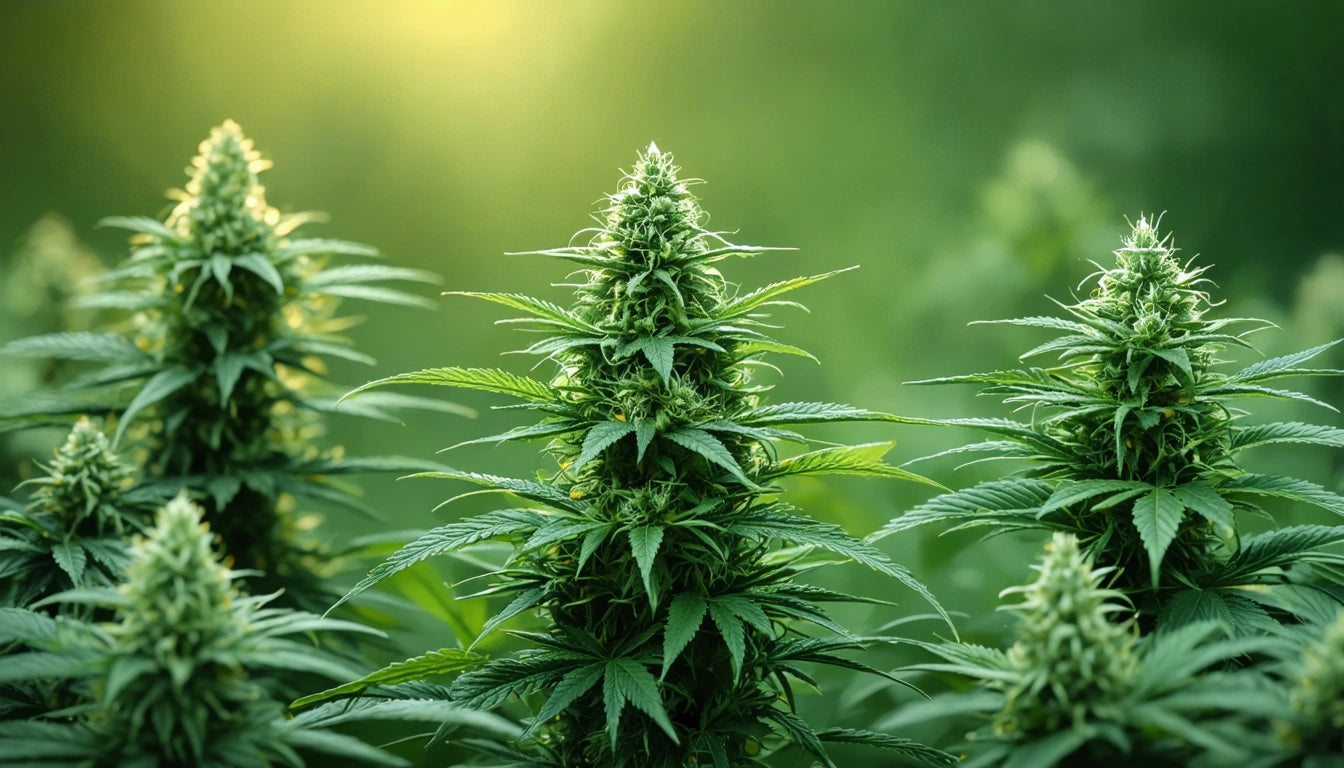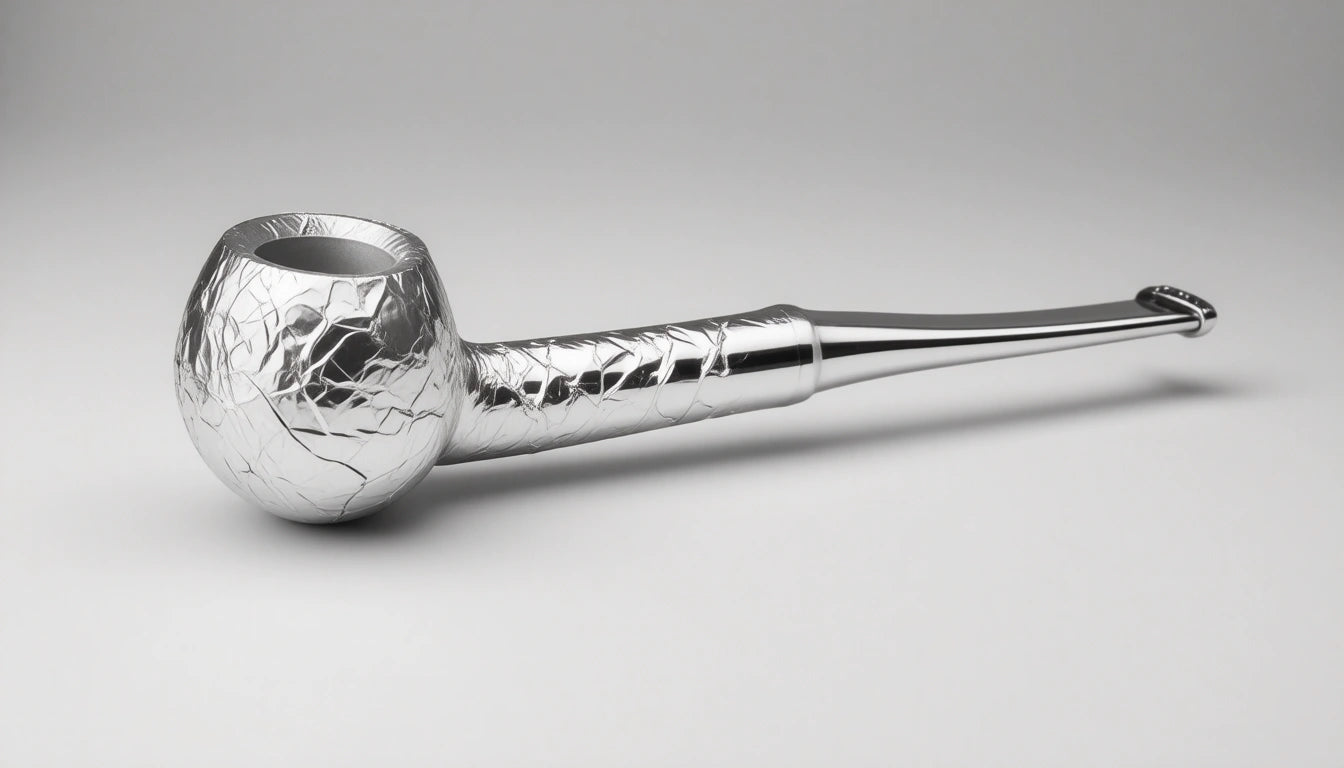Table of Contents
- What Are Weed Clones: Definition and Basics
- Benefits of Cloning Cannabis Plants
- The Cannabis Cloning Process Explained
- Caring for Cannabis Clones: Essential Tips
- Clone Terminology in Cannabis Culture
- Common Misconceptions About Cannabis Clones
- The Future of Cannabis Cloning: Innovations and Advancements
Understanding Cannabis Clones: Cultivation, Usage, and Terminology
Cannabis cultivation has evolved significantly over the years, with various techniques developed to optimize growth and yield. Among these techniques, cloning stands out as a fundamental practice for both commercial growers and home cultivators. But what are weed clones exactly, and why are they so important in cannabis cultivation?
What Are Weed Clones: Definition and Basics
Weed clones are exact genetic copies of a parent cannabis plant, created by cutting a small branch and allowing it to develop its own root system. Unlike growing from seeds, cloning weed ensures that the new plants will have identical characteristics to the mother plant, including potency, flavor profile, and growth patterns.
According to this comprehensive guide on cloning cannabis plants, clones are essentially genetic duplicates that carry forward all the traits of the parent plant without any genetic variation that might occur with seed propagation.
Benefits of Cloning Cannabis Plants
Genetic Consistency
One of the primary advantages of cloning weed is maintaining genetic consistency. When you find a cannabis plant with desirable traits, cloning allows you to reproduce those exact characteristics in subsequent generations.
Time Efficiency
Clones typically mature faster than plants grown from seeds. Since they're taken from mature plants, they already have a developmental head start, reducing the time to harvest by several weeks.
Cost Effectiveness
For commercial growers, cloning weed is cost-effective as it eliminates the need to purchase new seeds for each growing cycle. This can result in significant savings over time, especially when working with premium genetics.
The Cannabis Cloning Process Explained
Understanding what is cloning weed involves familiarizing yourself with a specific process. This step-by-step guide outlines the basic procedure:
- Select a healthy mother plant with desirable traits
- Identify suitable branches for cutting
- Make clean cuts at a 45-degree angle
- Treat the cutting with rooting hormone
- Place in a growing medium with high humidity
- Maintain proper environmental conditions until roots develop
For those serious about cloning, specialized equipment can make the process more efficient. Our collection of quality processing equipment includes tools that help commercial cultivators streamline their operations, from initial processing to final packaging.
Caring for Cannabis Clones: Essential Tips
Once you understand what are clones weed, proper care becomes the next critical step. New clones require specific conditions to thrive:
Environmental Control
Maintain high humidity (70-80%) and moderate temperatures (70-75 °F) during the initial rooting phase. As noted in this comprehensive care guide, environmental stability is crucial for clone survival.
Lighting Requirements
Fresh clones need gentle lighting. Too much intensity can stress the cuttings before they develop roots. Start with 18 hours of low-intensity light and gradually increase as roots develop.
Watering and Nutrition
Newly rooted clones have delicate root systems that can easily be overwhelmed. Water lightly and introduce nutrients at quarter-strength initially, gradually increasing as the plants mature.
Clone Terminology in Cannabis Culture
The term "clone" has multiple meanings in cannabis culture and beyond. While we've discussed what are weed clones in cultivation, it's worth noting other contexts where this terminology appears:
What is Clone in Jail
Unrelated to cannabis, "clone" in prison slang can refer to a cell phone that has been illegally obtained or modified. This terminology has no connection to cannabis cultivation but sometimes causes confusion when researching cannabis clones online.
What is Smoking Clone
"Smoking clone" isn't standard terminology in cannabis culture. However, some might use this phrase when referring to cannabis that was grown from a cloned plant rather than from seed. The smoking experience itself doesn't differ based on whether the plant was grown from a clone or seed of the same genetics.
This guide on cannabis terminology helps clarify the various terms used in cannabis culture, including those related to cultivation methods.
Common Misconceptions About Cannabis Clones
- Clones are less potent than seed-grown plants - False. Clones maintain the same potency as their mother plants.
- Clones can be taken from any cannabis plant - While technically possible, it's best to clone only healthy, mature, female plants in the vegetative stage.
- Clones are difficult to grow - With proper technique and care, cloning can be straightforward and reliable.
- All clones from the same mother are identical in size and yield - While genetically identical, environmental factors and care still influence individual plant development.
The Future of Cannabis Cloning: Innovations and Advancements
As cannabis cultivation continues to evolve, so do cloning techniques. Tissue culture micropropagation represents the cutting edge of cannabis cloning technology, allowing for disease-free propagation and genetic preservation on a commercial scale. This laboratory technique produces genetically identical plantlets in sterile conditions, potentially revolutionizing how commercial operations maintain mother stock and produce clones.
For those interested in exploring cloning, this resource on where to buy cannabis clones provides valuable information on obtaining quality starter plants from reputable sources.
Understanding what are weed clones and mastering the cloning process opens up new possibilities for cannabis cultivation, whether for personal use or commercial production. With proper technique and care, cloning offers a reliable way to preserve and multiply your favorite cannabis genetics for consistent results harvest after harvest.











Leave a comment
All comments are moderated before being published.
This site is protected by hCaptcha and the hCaptcha Privacy Policy and Terms of Service apply.